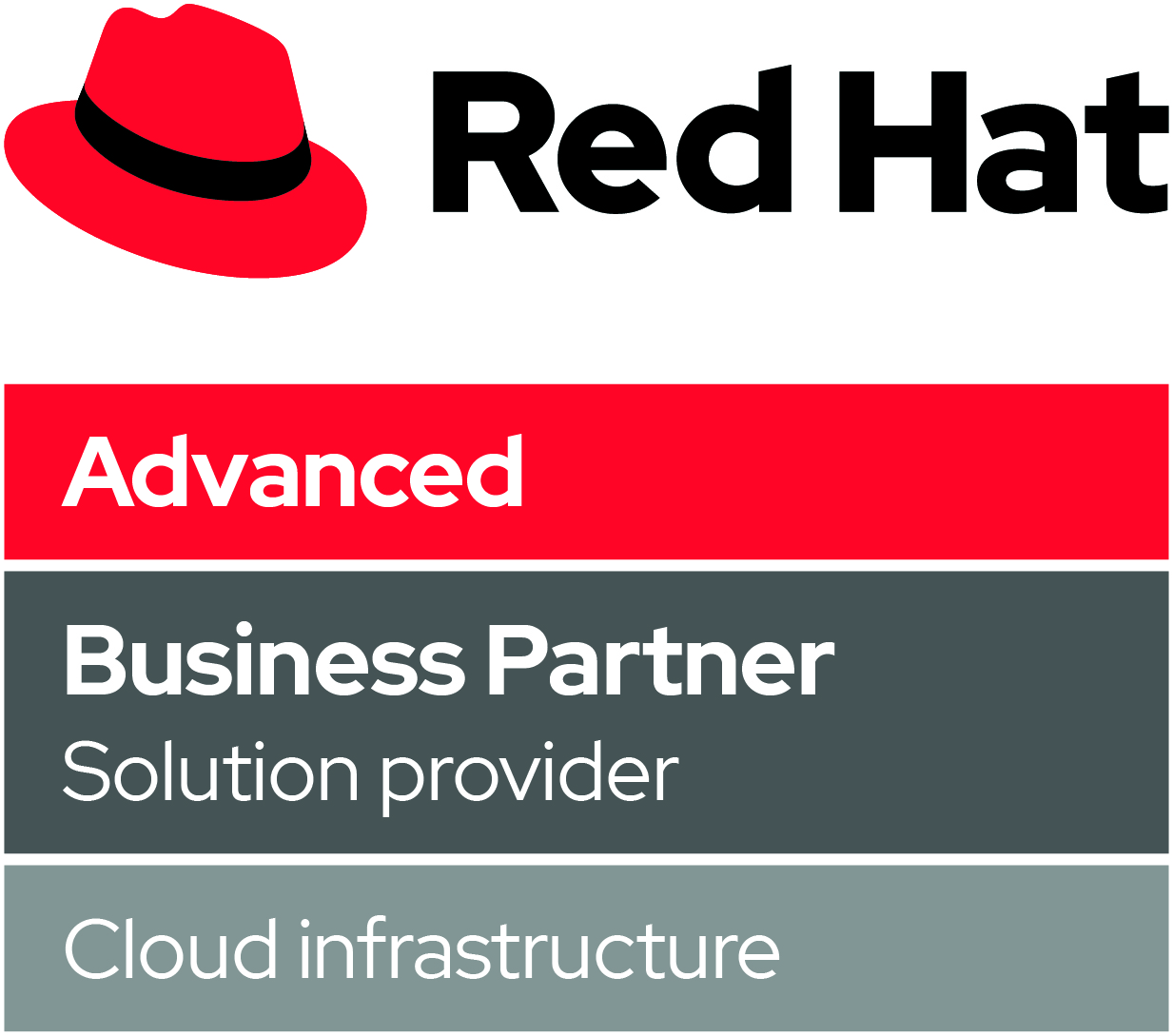In the dynamic world of technology we navigate today, DevOps has risen as an essential strategy for businesses aiming to stay at the forefront. It’s more than just a technical term. It’s a seamless fusion between the development and operations teams, offering the potential for swift, reliable, and continuous delivery of software. But for this potential to fully materialise, one element is key: Leadership.
James Carnie, the CTO at Mobilise, frames it well, “DevOps isn’t just a procedural adjustment. It’s a cultural transformation that marries the development and operations aspects of a business. This collaboration allows for faster and more reliable software releases, greatly enhancing productivity.” For organisations that have adopted DevOps, they’ve discovered it’s not just a change, but a pivotal shift.
Captain of the Ship
In the journey towards adopting DevOps, leadership isn’t just about setting the end goal; it’s about creating the roadmap, fuelling the momentum, and ensuring the team is upskilled and prepared for the challenges ahead.
The role of leadership in a successful DevOps transformation is two-pronged: it’s strategic and cultural. Strategically, leaders are entrusted with aligning DevOps initiatives with business objectives, making savvy investment decisions, and outlining a clear progression roadmap. Culturally, leaders are responsible for creating an environment that promotes learning, collaboration, and innovation.
When implementing a DevOps approach, leaders help establish the working environment. This means breaking away from conventional, isolated working methods and adopting a more integrated, team-based approach. As leaders, they set the precedent, promoting cross-functional collaboration and dismantling any existing barriers that might inhibit this synergy.
In a DevOps culture, leadership transcends traditional managerial roles. It’s about fostering a sense of shared responsibility, where teams own the complete process, not just their individual tasks. This full ownership philosophy is core to DevOps, and leaders should help cultivate a culture where teams feel accountable for the overall project success, right from the initial design to the after-deployment support.
Leaders also play a crucial role in making sure their teams are ready for the DevOps transition. This includes significant emphasis on upskilling. It’s not just about equipping the team with the necessary technical skills, but also fostering soft skills like communication, adaptability, and problem-solving, which are essential for a collaborative DevOps environment.
Guiding a DevOps transition is a dynamic and multifaceted task for leaders. By outlining the journey, encouraging the right culture, upskilling the team, and actively driving the transformation, leaders can ensure a smooth transition to DevOps, setting the stage for the continuous integration and delivery advantages that come with it.
Facing the Challenge: Overcoming Resistance
Implementing DevOps comes with its own set of hurdles, and one of the most formidable is the resistance to change. It’s quite common for teams to feel uncertain when they’re faced with substantial shifts in their working routines.
Addressing these apprehensions with open and honest communication about the benefits of the transition is key in mitigating resistance. Acknowledging concerns and providing detailed, straightforward information about the upcoming changes can significantly alleviate any unease.
Furthermore, clear and comprehensive communication from leaders is of utmost importance during such transitions. This means explaining not just the ‘what’ and ‘how’ of the change, but also the ‘why’.
Sharing the rationale behind the change, outlining the benefits it will bring, and demonstrating how it aligns with the broader goals of the organisation can offer teams a clearer perspective on the transition. This understanding is instrumental in easing apprehensions and inspiring team members to get on board with the DevOps transition. After all, knowing the purpose of a change is often the first step towards embracing it.
Sharpening the Axe: Honing Skills for the Journey
A critical part of implementing DevOps is upskilling. This requires the development of a broader skill set that extends beyond traditional roles. As articulated by James Carnie, CTO at Mobilise, “DevOps necessitates a broader skill set, requiring teams to be versed in areas ranging from coding and scripting to data management, system administration, and beyond.”
For instance, consider Mobilise’s experience in helping a major public sector client transition from traditional IT processes to a DevOps model. This client needed a significant skills enhancement to make the switch smoothly. To address this, Mobilise devised a thorough upskilling program designed to cultivate the necessary capabilities within the client’s IT team.
“One of our key strategies was pairing our experienced DevOps engineers with the client’s team members,” Carnie shares. “This ‘buddy system’ not only fostered the transfer of technical skills but also instilled the DevOps ethos of collaboration and shared responsibility.”
The program also emphasised ‘soft skills’ such as problem-solving, adaptability, and effective communication, in addition to technical skills. These competencies are crucial in a DevOps environment, which values cross-functional collaboration and a quick response to changing demands.
It’s important for leaders to create these learning opportunities and support their teams throughout the upskilling process. Upskilling is not just about enhancing technical capabilities; it’s about nurturing a mindset that is open to continuous learning, collaboration, and adaptability.
Choosing the Right Arsenal: The Role of Tools and Security in DevOps
Selecting the right set of tools for DevOps implementation is of critical importance. The tools should be compatible with the team’s skills, align with the organisation’s requirements, and be scalable as per future needs. The integration of these tools should facilitate automation, collaboration, and quick feedback cycles—elements central to the DevOps philosophy.
In the realm of DevOps, security is not an element to be added in retrospect but should be a foundational aspect of all operations. As Carnie articulates, “Security shouldn’t be an afterthought but interwoven into the entire process—a concept known as DevSecOps.” This approach ensures that security considerations are part of each stage of the development and operations cycle, significantly mitigating potential risks.
The success story of Mobilise’s application of DevOps practices at the UK Home Office serves as a good example of the effective use of right tools and the integration of security from the get-go. Carnie shares, “Our experience at the Home Office showcases how DevOps can bolster security, cut down operational costs, and significantly ramp up delivery speed.”
The active involvement of leadership is paramount in this journey. Rather than just endorsing the change, leadership needs to champion and drive it forward. The role of leadership is not just to approve but to actively support the transition, emphasising the significance of leadership’s buy-in and hands-on participation.
A Leadership Blueprint for Enterprise Transformation
DevOps presents a powerful tool for enterprises to remain agile and competitive in the digital age. Its success, however, hinges significantly on senior leadership’s ability to guide the organisation through the transition. By overcoming resistance, facilitating upskilling, ensuring the right tools and security measures, and driving a culture of continuous improvement, leadership can steer their enterprise into the prosperous lands of DevOps implementation.



